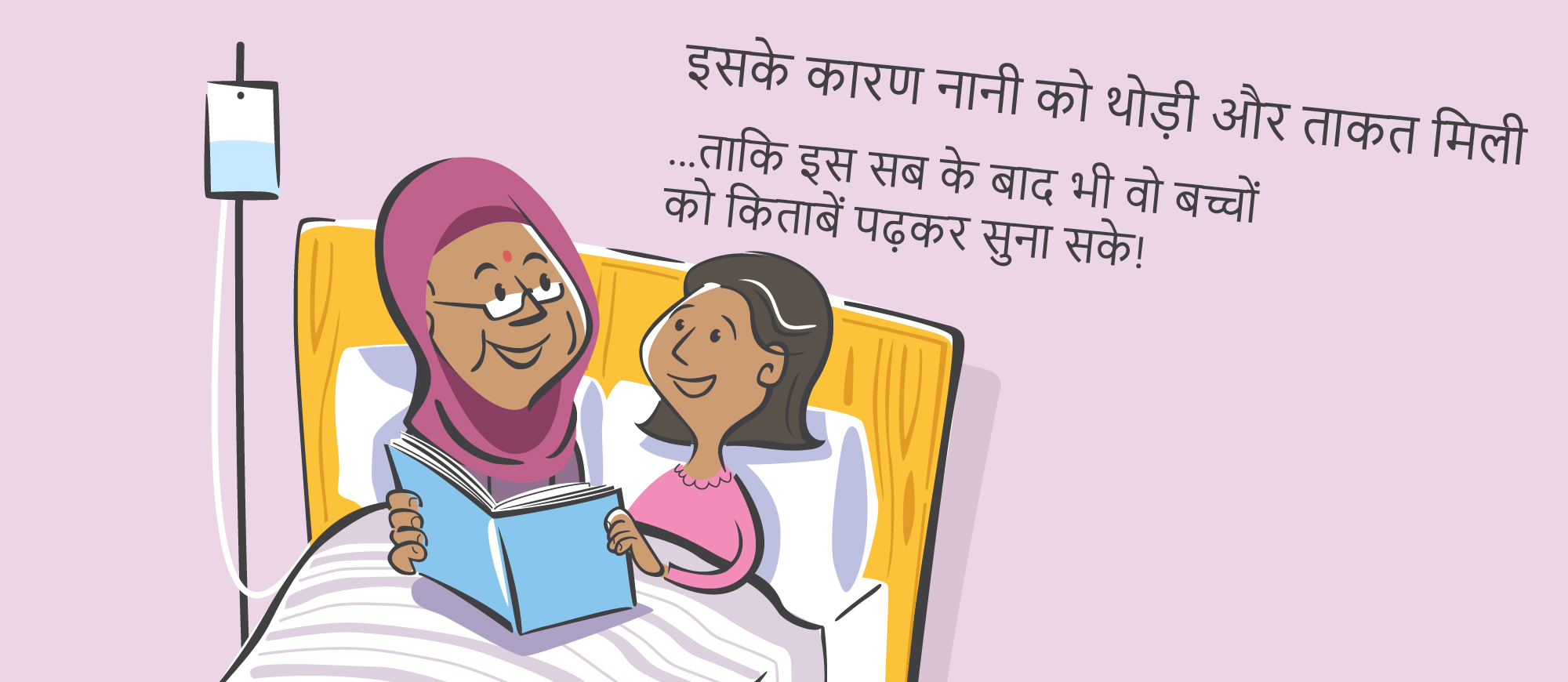Talking about palliative care, no matter what language you speak
Talking about palliative care, no matter what language you speak
Tuesday, September 06, 2022
Multicultural communities across Australia are being invited to start a conversation around palliative care to breakdown some of the misconceptions and raise awareness of the services available.
Palliative Care Australia (PCA) hopes the ‘More Than You Think’ campaign will help people with those challenging but potentially powerful moments connected to the end of life.
Ads across multicultural news media during September and locally available printed information in 11 languages form part of the campaign funded by the Commonwealth Department of Health and Aged Care.
“More Than You Think challenges some of those ideas people have and highlights the life to be lived while people engage with palliative care,” says Camilla Rowland, CEO of Palliative Care Australia.
“The campaign helps communities tap into the support that is currently available and have a greater awareness of some of the questions this stage of life can prompt.
“Importantly, this information has been tailored to speak to Australia’s rich diversity of languages including Mandarin, Cantonese, Vietnamese, Hindi, Arabic, Spanish, Italian, French, Greek, German, and English.”
Building on the ‘More Than You Think’ campaign PCA is currently formalising partnerships and starting consultation around the need for updated Multicultural Palliative Care Guidelines to reflect the population of Australia today.
“Health providers caring for children and adults in palliative care settings have expressed a need for improved guidance to help them deliver culturally safe and responsive care,” Ms Rowland says.
“The current guidelines are over 20 years old, so its timely that PCA review and update them through close partnerships with Australia’s multicultural communities.
“Different cultures approach death and dying in very different ways, our palliative care services need to be mindful of different cultural practises and expectations.
“For example, in some cultures the family member must not be touched by anyone other than those designated, and for others, being close to the earth is of importance.
“The guidelines are designed to support health and care providers in asking appropriate questions as part of planning the care the person and family wish to receive.
“It’s important that whatever language you speak, people consider and talk about the end of their life with family, friends, and health professionals.
“I really hope the ‘More Than You Think’ campaign and our work towards improved understandings of palliative care for multicultural communities, empowers those conversations.
“Australia is in a unique position to take on a more global understanding of end of life and bereavement customs; our whole community will be richer for taking this on,” Ms Rowland says.
Check the More Than You Think website for more information.
Palliative Care Australia also offers a range of tools to support multicultural communities. Those resources can be accessed free by anyone in the community via the Palliative Care Australia website.
